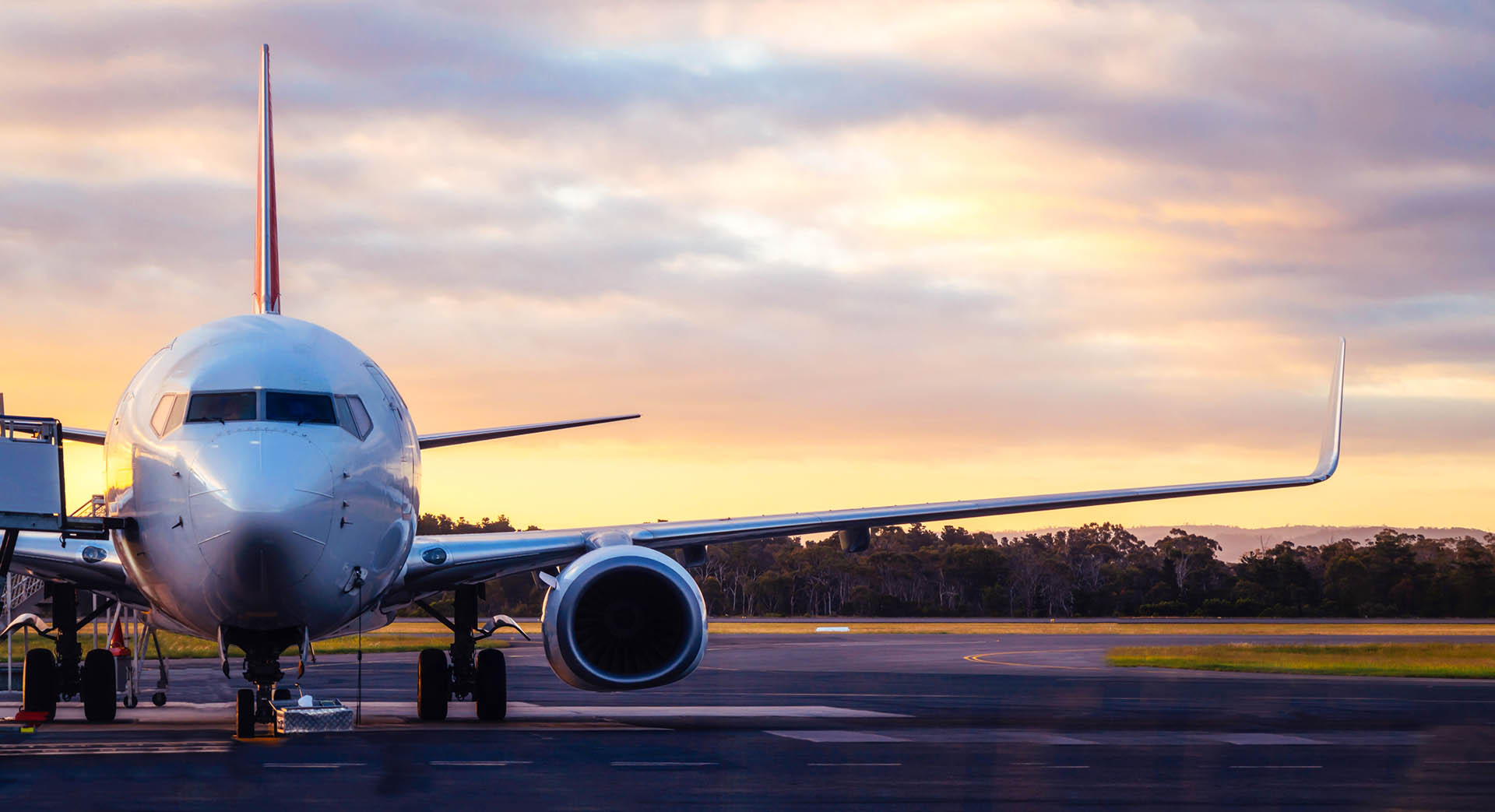
Photo: Iowa Soybean Association / File Photo
Soybean Farmers Welcome Increased Certainty for Sustainable Aviation Fuel Production
May 1, 2024 | Brock Johnston
Ankeny, Iowa – U.S. soybean farmers are better positioned to play a role in decarbonizing the aviation industry following new U.S. Dept. of Treasury guidance estimating greenhouse gas reductions for biofuels. Yet industry officials agree work remains to ensure lingering concerns are accounted for as work on the guidance continues.
The aviation sector has long been viewed as a market growth opportunity for soy. The April 30 guidance clarifies how U.S. farmers and biofuel producers can estimate the impact of more sustainable practices, which in turn increase the value of the Sustainable Aviation Fuel (SAF) Production Tax Credit enacted in Section 40B of the Inflation Reduction Act (IRA).
“The nation’s approach to energy is changing, and farmers want to play a role in making it a reality,” said Suzanne Shirbroun, Iowa Soybean Association (ISA) president, seed business owner and sixth-generation farmer from Farmersburg. “That’s especially true for the aviation sector, which could be a huge demand-driver for the commodities we produce.”
Section 40B of the IRA provided for two years of a standalone SAF tax credit. In 2023 and 2024, SAF will qualify for a standalone blenders credit (40B) if the fuel reduces lifecycle greenhouse gas emissions by at least 50 percent. This credit will continue in a modified form between 2025-2027. The credit value is determined on a sliding scale, equal to $1.25 plus an additional $0.01 per percentage point for lifecycle emissions reduction exceeding 50 percent, for a maximum of $1.75 per gallon.
Federal regulators will use the U.S. Dept. of Energy Argonne National Lab’s Greenhouse Gases, Regulated Emissions, and Energy Use in Transportation (GREET) Model, known as the “gold standard” for measuring the lifecycle carbon intensity of soybeans and other crop-based feedstocks and calculate the emissions-reducing capabilities of biofuels.
Under previously announced guidance, the Internal Revenue Service made it clear that soybean oil based SAF would qualify for the minimum tax credit of $1.25 per gallon under a safe harbor provision. The latest announcement provides clarity to farmers and the industry on actions they can take to further reduce their carbon footprint beyond the baseline 50%.
“While this guidance provides greater clarity for soybean growers, we need to make sure farmers can still access these opportunities using practices that best fit their operations," added Shirbroun. “ISA looks forward to working with federal policymakers to ensure current and future tax policy provides farmers with flexibility to implement more sustainable management systems to help meet the administration’s SAF production goal of 30 billion gallons by 2050.”
###
Not funded by the soybean checkoff
The Iowa Soybean Association (www.iasoybeans.com) is “Driven To Deliver” increased soybean demand through market development and new uses, farmer-focused research and results, timely information and know-how and policy initiatives enabling farmers and the industry to flourish. Founded in 1964 by farmers to serve farmers, ISA is governed by a board of 22 farmers to advocate on behalf of the state’s 37,000 soybean producers, including more than 15,000 ISA farmer members and industry stakeholders.
Back